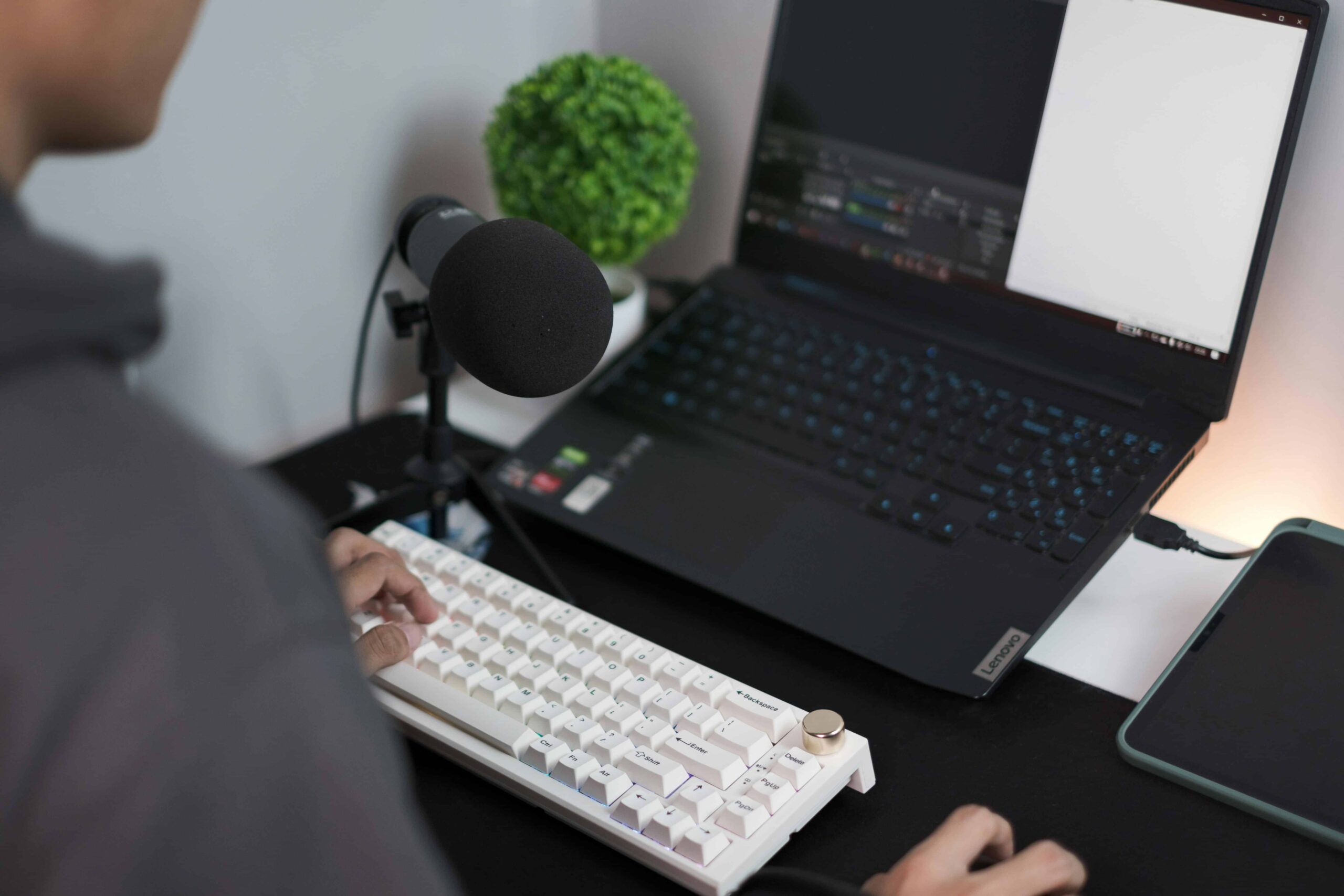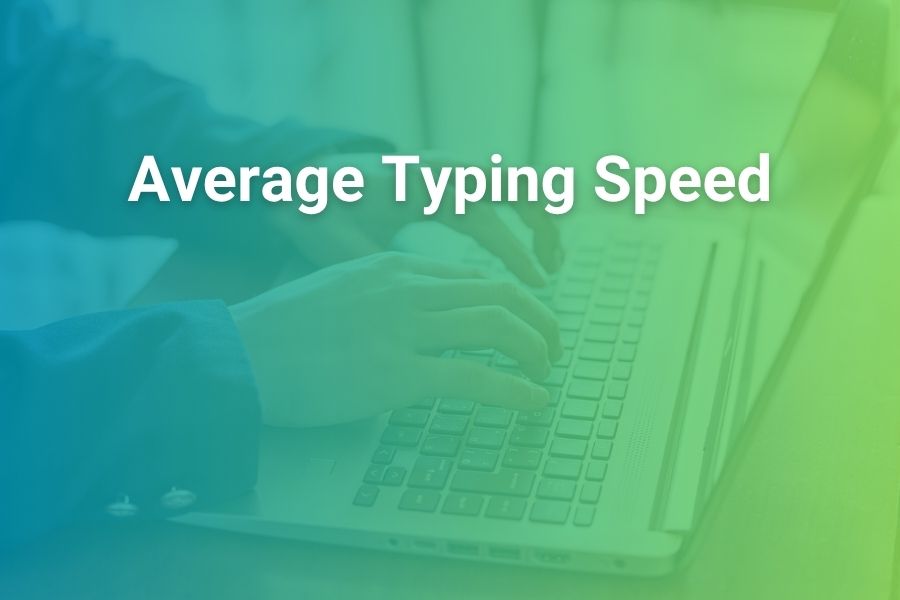
In today’s digital age, many people have shifted from writing notes by hand to typing them on laptops or tablets. But is writing notes better than typing when it comes to learning and memory retention? While typing has become the norm in many environments, there are compelling arguments for the benefits of writing by hand. Understanding the differences between these two methods can help you decide which one is best for your learning and productivity.
This article will explore the cognitive impacts, advantages, and disadvantages of both writing notes and typing, providing insight into which method might work best for different scenarios. Whether you’re studying for exams, working in an office, or just trying to improve your memory retention, we’ll help you understand how your note-taking method could affect your success.
Is writing notes better than typing?
Writing notes by hand has been shown to improve memory retention and understanding. The physical act of writing engages different cognitive processes compared to typing, which leads to better comprehension and recall. While typing can be faster, it often results in mindless note-taking, as it doesn’t require as much mental engagement. For in-depth learning and better retention, writing notes by hand is usually the superior method.
What Are the Cognitive Benefits of Writing Notes by Hand?
Writing notes by hand has significant cognitive benefits that typing simply can’t match. When you write by hand, your brain activates the motor cortex, responsible for controlling physical movements. This action leads to deeper cognitive processing, helping you internalize and understand the material more effectively. Studies show that writing by hand enhances memory retention, as it requires you to engage with the content more actively.
In contrast, typing is faster and more automatic, which may seem like an advantage in terms of speed, but it doesn’t stimulate the brain in the same way. Typing often becomes mechanical, where you may simply transcribe the information without fully processing it. Writing by hand, however, encourages you to rephrase, summarize, and paraphrase the material, leading to a better understanding of the subject. This deeper processing results in improved comprehension and recall.
Moreover, the slower pace of handwriting forces you to think more critically about what you’re writing, while typing often leads to mindless transcription. By taking the time to write out notes carefully, you’re more likely to retain the information and develop a firmer grasp of the material, making it a more effective learning method.
When is Typing Notes Better than Writing by Hand?
Choosing between typing and writing by hand for note-taking depends on the situation and specific needs. Here’s when typing notes may be the better option.
Faster and More Efficient
Typing notes is much faster than writing by hand, making it the preferred method when speed is essential. In fast-paced environments like lectures, meetings, or professional settings, typing allows you to capture more information without missing key points. For those who struggle to keep up with a fast speaker, typing provides a way to stay on track and ensure no critical details are overlooked. The ability to type quickly enables you to record more content in less time, improving overall efficiency.
Easy to Edit and Organize
One of the significant advantages of typing notes is the ease with which they can be edited, formatted, and organized. Digital tools like Microsoft Word, Google Docs, and note-taking apps offer functions that allow you to highlight, search, and rearrange content with ease. This makes it simple to revisit and update your notes as needed, something that can be much more difficult with handwritten notes. The ability to quickly make changes or reorganize information ensures that your notes remain clear and relevant.
Digital Accessibility and Sharing
Typed notes offer the benefit of digital accessibility, allowing for easy sharing and storage. Whether for collaborative work or personal reference, typed notes can be quickly shared with colleagues or stored in the cloud for future use. This is especially valuable for remote work, where sharing notes in real-time is essential. With digital notes, you can seamlessly access and share information, making them a versatile and practical solution for modern workflows.
Does Writing Notes Help Memory Retention More Than Typing?
Research consistently shows that writing by hand leads to better memory retention than typing. When you write, your brain processes the material in a more engaged way, forming connections between the information and the physical act of writing. This results in stronger memory encoding.
In contrast, typing is often faster and more automatic, leading to less cognitive processing. The speed at which you type can also cause you to transcribe information without fully processing it, leading to weaker retention. Studies suggest that writing by hand forces you to engage with the material more deeply, resulting in better long-term recall.
Key Points:
- Writing by hand promotes better understanding and memory retention.
- Typing often leads to more passive note-taking.
- Writing allows for more active engagement with the material.
How Does the Mode of Note-Taking Affect Academic Performance?
The mode of note-taking—whether typing or writing—can significantly impact academic performance, especially for students. Studies have shown that students who take notes by hand tend to perform better in exams, as the physical act of writing helps them process and retain information more effectively.
Typing, on the other hand, is often associated with surface-level learning. The fast-paced nature of typing can make students focus more on transcribing information rather than understanding it. As a result, while typing allows for faster note-taking, it may hinder deeper learning and comprehension.
However, for students who are required to take notes quickly or need to focus on specific details, typing may be necessary to capture all the information. Balancing both methods based on the situation is key to optimizing academic success.
What Are the Pros and Cons of Writing Notes vs. Typing?
The choice between writing notes by hand and typing them depends on your goals, speed, and learning preferences. Here’s a look at the pros and cons of each method.
- Pros of Writing Notes
- Better Retention: Writing by hand helps with memory retention and deepens understanding of the material.
- Active Engagement: Writing requires more thought and mental effort, which leads to better processing and recall of information.
- Cognitive Benefits: Handwriting engages multiple areas of the brain, improving comprehension and helping with long-term retention of the material.
- Cons of Writing Notes
- Slower Speed: Writing by hand is slower than typing, making it challenging to keep up in fast-paced environments like lectures or meetings.
- Less Organized: Handwritten notes are more complex to edit, search, and organize, especially when compared to digital notes.
- Pros of Typing Notes
- Speed: Typing is much faster, enabling you to capture more information in real-time without missing key points.
- Ease of Organization: Typed notes are easier to organize, edit, and search through, making it more straightforward to revisit and update information.
- Digital Accessibility: Typed notes can be stored, backed up, and shared easily, providing greater flexibility and accessibility.
- Cons of Typing Notes
- Reduced Retention: Typing can lead to passive note-taking, which may hinder memory retention.
- Shallow Engagement: Typing is more mechanical, requiring less mental engagement compared to writing by hand, which may affect the depth of learning.
Conclusion
The choice between writing notes by hand and typing depends on your specific needs and the task at hand. Writing by hand offers cognitive benefits, including improved memory retention and enhanced comprehension, making it an ideal tool for tasks that require deep understanding and long-term recall. Typing, on the other hand, is faster, more convenient, and easier to organize, making it perfect for quick note-taking or when digital tools are needed. Both methods have their advantages, so the key is to find the right balance. By using each method according to the situation, you can optimize both learning and productivity.
FAQ’s
Is writing notes better for memory?
Yes, writing by hand has been shown to improve memory retention and comprehension compared to typing, as it encourages more in-depth cognitive processing.
Can typing be faster than writing by hand?
Yes, typing is generally faster than writing by hand, making it ideal for fast-paced note-taking situations where capturing all information is essential.
How does typing affect my ability to retain information?
Typing can lead to more passive note-taking, which may result in reduced retention. Writing by hand, however, involves more active engagement with the material, enhancing retention.
What’s better for academic performance: writing or typing?
Writing by hand results in better academic performance due to improved memory retention and understanding, especially for exam preparation.
Is there a time when typing is better than writing?
Yes, when speed and organization are essential, such as during meetings or lectures, typing may be the better option for capturing large amounts of information quickly.









